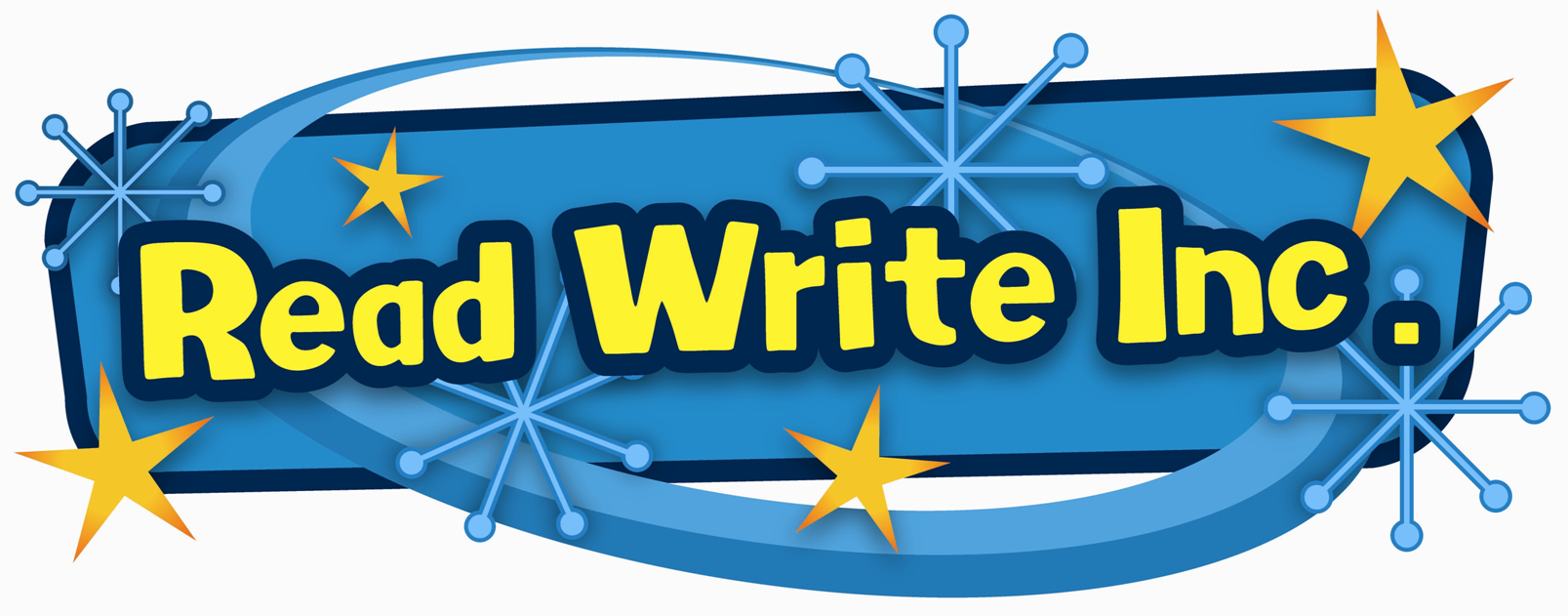Please use the tabs at the side of the screen to see details of the curriculum offer for King's Academy Binfield Primary and King's Academy Oakwood.
In our primary phases, phonics is taught through the Read, Write, Inc Scheme.

To find out more about the curriculum or to request paper copies of any documents, please contact the Academy Office on admin.biprimary@kingsacademies.uk
The information below sets out the intent of the curriculum that we have selected as most appropriate for our students that will support them to achieve our vision and aims; ‘dare to be remarkable’ and ‘opportunity and success on a global stage’.
It is imperative that all our students develop the knowledge, skills and understanding in the ‘basic skills’ (being literate, numerate, digitally literate and strong orators), in order to prepare them for the next stage of their education and their future lives. A significant focus on the active teaching of reading, writing, oracy and maths from the early years onwards is essential. Phonics is the basis for the early teaching of reading, but engendering a love for reading and the use of challenging texts from 3-18 to support the cultural capital of all our students is also essential.
The location of the academies in the Thames Valley, with the diverse and rich STEM career opportunities the region presents, also means the STEM subjects need a high prominence throughout all phases to ensure our students are well-prepared to be successful employees within their local community.
Alongside the focus on an ambitious STEM curriculum, the academies also place great importance on the promotion of the performing and creative arts. We believe the skills, values and behaviours developed through performance can have far reaching impact on students, and so drama, dance and music play an integral part in the curriculum offer 3-16 and within the co-curricular programme.
In order that our key aim of, ‘opportunity and success on a global stage’ is ensured, students learn Spanish from EYFS onwards and also learn French throughout KS2 and KS3. The continuation of a language at GCSE is compulsory for all bar a few students in each cohort. At KS4, 94% of our students follow the EBACC pathway for their GCSEs, supporting our overarching belief in keeping every door open for every one of our students. The 6% who do not take this pathway do so to support their literacy, numeracy and core skills. They still take one humanity subject. In KS3, 97% of students take two languages, with 100% taking Spanish. Again, where they do not study a second language, they instead receive small group tuition for literacy and numeracy with a dedicated HLTA.
Using the national curriculum as our minimum in each key stage, our curriculum is broad, ambitious and relevant for the students. Each subject area is planned from 3-16 to ensure that both knowledge and skills are appropriately sequenced and key learning areas are re-visited as appropriate. Students do not make decisions on their GCSE subjects until year 9 and will therefore continue to follow the full range of subject areas until they enter year 10.
We believe strongly in early intervention, and use our data analysis of KS2 data, FFT and our in-house data drops to find students who require additional support. We run compulsory period 7 interventions from September to which we invite students based on need. We believe that by using intervention in this way from year 7, we will greatly reduce the impact on year 11 students.
Our curriculum is inclusive for all students, including those students with SEND. We believe that they should have the same opportunities as every other learner, and that is why they follow the same curriculum throughout their time with us.
On top of the core and foundation subject areas, it is essential that our students also acquire positive learning attitudes as well as good health and well-being (both physical and mental) and focus will be given throughout all phases on the promotion of these. They also gain a strong age appropriate knowledge and understanding of issues pertaining to sex and relationships, e-safety and careers education as well as wider PSHE issues.
Our curriculum has a clear focus on the acquisition of the key skills therefore, however this is balanced by ensuring that teaching and learning is conducted within challenging, exciting and meaningful contexts. In order that our students can embody our key value; ‘dare to be remarkable’, our curriculum allows our students to make connections, to try ideas out, to make mistakes and to learn from these.
Although the academies are not bound by the requirements of the Programmes of Study of the Early Years Foundation Stage Curriculum and the National Curriculum, as national assessment and testing is conducted against these, we consider it sensible to base our curriculum on them.
Consequently, we have designed a curriculum which focuses on discrete teaching and learning in English and maths and then weaves these subjects into subject specific learning inKS1, KS2 and KS3, where there are purposefully planned opportunities for students to apply them within other areas of the curriculum and for opportunities to write at length.
Repeated practice is valued; we want our students to learn more and remember more. Curriculum maps 3-16 have been developed which show the progression of key skills and knowledge as well as opportunities for repeated practice.
The curriculum is enhanced through a wide range of co-curricular opportunities from visits and visitors, clubs and enrichment opportunities and the opportunity to take on additional responsibilities and leadership positions.
